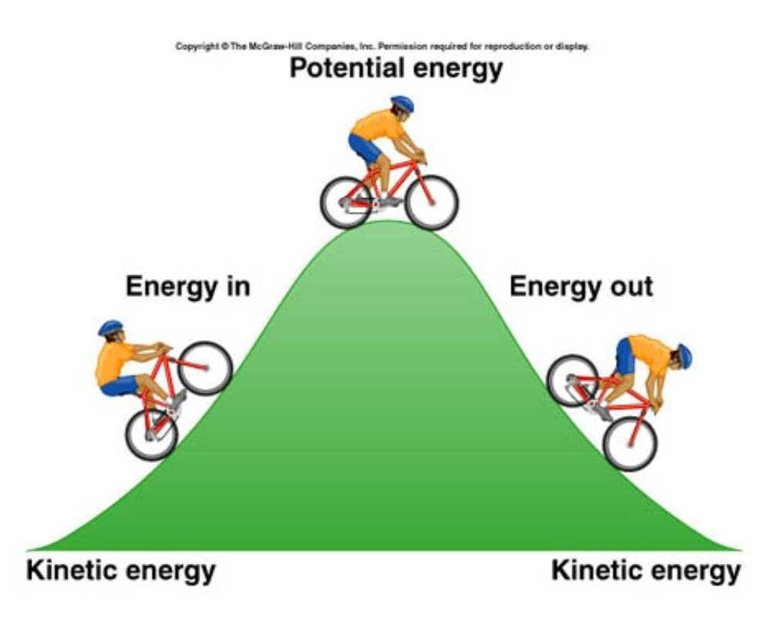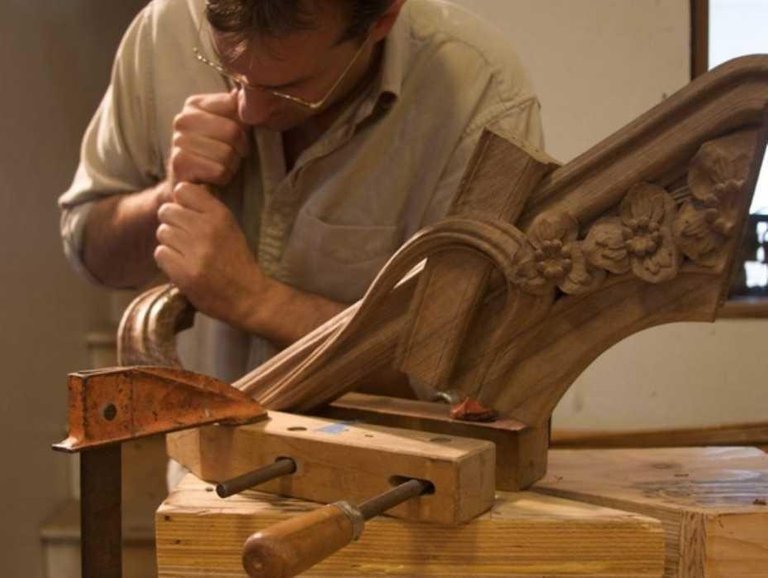Why Do They Hate Money?
Because they don’t understand what money is.
They conflate money with something that money doesn’t necessarily have to be associated with and towards which they have very negative feelings. They assume their association is intrinsic to money, and bingo-bango, they have negative feelings towards money.
Let’s say that I defined love as “The greatest pain of your life”. Sure, love has hurt people, but, come on, that’s not what love is. But if you live your life with that definition, well, you will have a pretty hard time finding fulfilling love.
Now, I’m fine if they want to do that to themselves. There’s thousands of crippling, erroneous assumptions that we could disabuse, so we will never get to them all. And the onus, to be frank, is on the self-abuser — are they ready to get help, or are they satisfied with their outcomes?
But for the rest of us, it’s important that we quickly dismiss their offered negative associations — and don’t let them infect us — if we want to understand the world better and to create abundance for ourselves, our families, and the world.
My Definition
Let me offer those of you who are not violently knee-jerking with any mention of the “filthy lucre”, what I think is a more accurate, actionable, and healthy definition of money:
Money is stored labor.
If after reading below, you accept my definition, I believe that you will be much more successful and much more able to understand the world. A warning though: Once you understand this, much of what other people are talking about around money will sound like just so much gibberish.

The Transformation of Labor Into Money
So, for those of you who studied physics, I am going to be talking about the transformation of our life energy from kinetic energy (work), into potential energy (money), and back to kinetic energy (work product). (You physics aces can now skip to the end. )
Getting Metaphysical
We humans are a body, plus the energy that our body generates. And as living creatures, we often use our life energy to obtain things we want and need.
So, when I labor to build a chair, I am expending my life energy (labor) to obtain a resource (the chair).
Specialization
But what if I am all thumbs at building chairs, but I’m really good at programming?
Question: How many software engineers does it take to screw in a lightbulb?
Answer: None: it’s a hardware problem.
Well, it would be much better if I programmed and in exchange, someone who was really good at building chairs but who can’t program, built my chair. That would be such a more efficient use of both of our life forces. We would be expending much less of our life force to obtain more resources.

Direct Trade
Now, this works out great if the chair builder happens to need a programmer at the exact same time that I need a chair. Bim-bam-boom, we make the trade, and no money is needed.
Indirect Trade
But what if the chair builder does not use computers. My skill is pretty much useless to him. But perhaps I find out that what he does like, more than anything, are the dulcet tones of a bagpiper waking him up with the morning sun.
Fortuitously, I just happen to know someone who loves playing the bagpipe and who needs programming!!!!
So, I expend some of my life energy to labor for the bagpiper, not because I enjoy cacophonous alarms, but because my chair maker likes them. After I finish programming, the bagpiper gives me a voucher for two months of “Bagpipe Alarm Clock”.
That voucher now represents the sum of my expended life force that labored programming. But it’s temporarily stored potential energy — I have yet to release that potential energy to create my chair.
And so I take the voucher to the chair maker, who happily trades me a chair that his labor had just completed. In this way, I turned my life force, represented by the voucher (potential energy) into what I really sought, the chair (kinetic energy). In this indirect way, I have labored to create my chair.
The trade is finalized on the 60th day as the chair maker wakes up to Danny Boy.
Money
Replacing bagpipe vouchers for money permits us one more level of indirection.
While it may be unlikely, let’s assume for the moment that I don’t know a guy who needs programming and who plays the bagpipe. Instead, I just work for a guy who needs programming. He can’t give me a voucher for bag pipe playing, but instead, he gives me a more generalized voucher (money) — for any labor I want. I have stored temporarily my labor (life force) in this potential energy.
I then trade that money for the chair that the chair maker labored on (potential energy for labor). Ta-da! I have my chair! But the trade is not complete until the chair maker takes those vouchers (money) to his local bagpiper and buys 60 days worth of morning squawking.
I labored to create that chair; I used a temporary store of my labor (money) to facilitate the trade.
Follow the Labor
Now, I understand that this is a very different way of thinking about money from how your media, government teachers, religious leaders, politicians taught you.
I ask only that you do not reject it out of hand. Allow it to sit with you.
When you get some money, ask yourself, “Whose labor energy is stored in these vouchers of potential energy?”
When you spend money, ask yourself, “Whose labor am I activating with those vouchers?”
If you can shift your perception of money in this way, you will see it as simply a temporary storage of life force energy, moving from person to person.
Each person labors and stores that labor as potential energy in money. A person then releases that potential energy for the actual labor embedded in a product or service they want.
Why the Hate?
And as you do start to see this, one of the many changes in your perception will be that you will see that there is nothing to hate here. Why would I hate Joe’s labor? Why would I hate my own labor? Why would I hate all that labor stored there in my wallet?
A person’s expenditure of their life force to create a service or a product that we want, that’s not something to hate, but something to be grateful for!